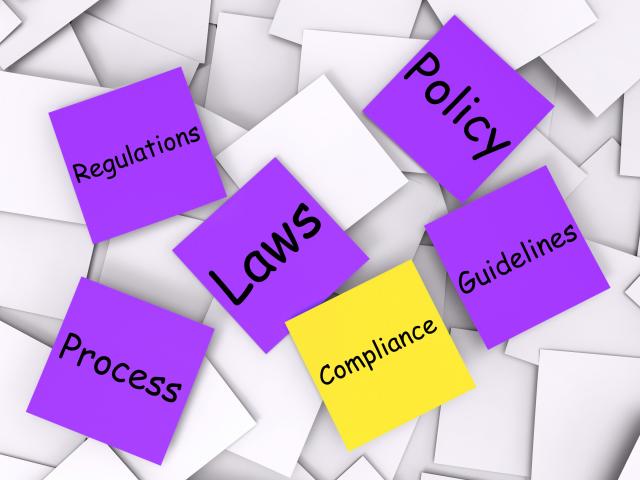As digital evolution has taken the world by the storm, nearly all sectors along with payment processing have evolved with it.
Due to the current crisis of COVID19, nearly all businesses have started to accept online payments. Many are continuously updating their online payment accepting solutions as per the requirement of customers.
But let’s face it, Accepting digital payments is not only about seamless customer interface and sleek transactions, it should also take customer security into consideration.
Digital payment processing deals with the personal and financial information of the customer, which can be considered extremely sensitive.
As the customer is leaving all this information in your hands, a payment solution provider must consider the safety of such information as a top priority.
The security of such sensitive information should be taken very seriously. Handling such sensitive payment data means that businesses are subject to rules and online payment regulations from various entities.
That’s where rules and regulations for online payment processing come into the picture.
So, What are payment regulations? What can be considered as key components of these regulations? What are these guidelines for online payment processing?
RBI has introduced rules and regulations considering this crucial task. By continuously monitoring and updating the regulatory infrastructure, RBI aims to enhance customer and payment security.
Guidelines:
This set of payment processing regulations varies from entity to entity and from business model to business model. But for every type of business, there is a specific set of guidelines that have to be followed.
Capital:
Capital requirements are set and regulated by RBI
Authorization:
Authorization from the payment aggregator’s side is a must. This authorization is granted by RBI
KYC:
RBI has issued KYC (Know Your Customer) guidelines which under any condition should be compliant. Along with KYC, RBI has also issued a set of payment processing regulations like AML (Anti Money Laundering), and CFT (Combating Financial Terrorism). These are some critical compliance’s monitored and updated by RBI.
Merchant onboarding:
RBI has issued strict guidelines for the onboarding process.
Along with this, there are many points like settlement, security, anti-fraud, risk management, etc for which RBI has issued comprehensive guidelines.
Alongside there are other entities that have their own set of regulations.
Card networks:
Everyone uses card payment nowadays. The major card networks – American Express, Discover, Mastercard, and Visa – have all established guidelines for best practices when accepting card-not-present (CNP) payments.
Here are some key points:
1) Information to be collected:
Card number, card holder’s name, and mailing address, expiration date.
Tools like AVS (address verification system) and CVV (Card Verification Value) for verification
Third-party tools for fraud/theft identification
A transaction record in the form of the mail
Failure to implement these regulations can lead to heavy chargebacks, which at any cost should be avoided.
2) EMV:
EMV is yet another technology adopted by the card processors to replace magnetic stripes. EMV regulations are introduced by Europay-MasterCard-Visa and considered to be more secure. EMV cards have an embedded chip that contains data and instructions for the transaction process.
EMV cards come in 2 categories, contact and contactless. Contact cards as the name suggests are swiped into a terminal that processes payments. Contactless cards however work on RFID or NFC technologies and just need to wave in front of the card reading terminal.
3) PCI DSS Compliance:
PCI DSS stands for The Payment Card Industry Data Security Standard. PCI DSS security standards help protect the safety of data. They set operational and technical standards for firms accepting or processing online technical transactions, and for software developers and manufacturers of applications and devices used in those transactions.
PCI DSS compliance requirements vary from business to business. In the case of PCI-DSS, card networks are responsible for making sure that the underlying merchants adhere to PCI DSS. Failure to do so could result in fines and possible cancellation of merchant accounts.
Here is everything you need to know about PCI-DSS
With the right set of regulations, procedures, and tools, payment processors can ensure the safety of personal and financial data involved in online payment transactions.
As a digital payment solution provider, Lyra has implemented the required security protocols and offers digital payment solutions that ensure customer data security.
Boost your Business
Let us help you make your Payments more Secure



